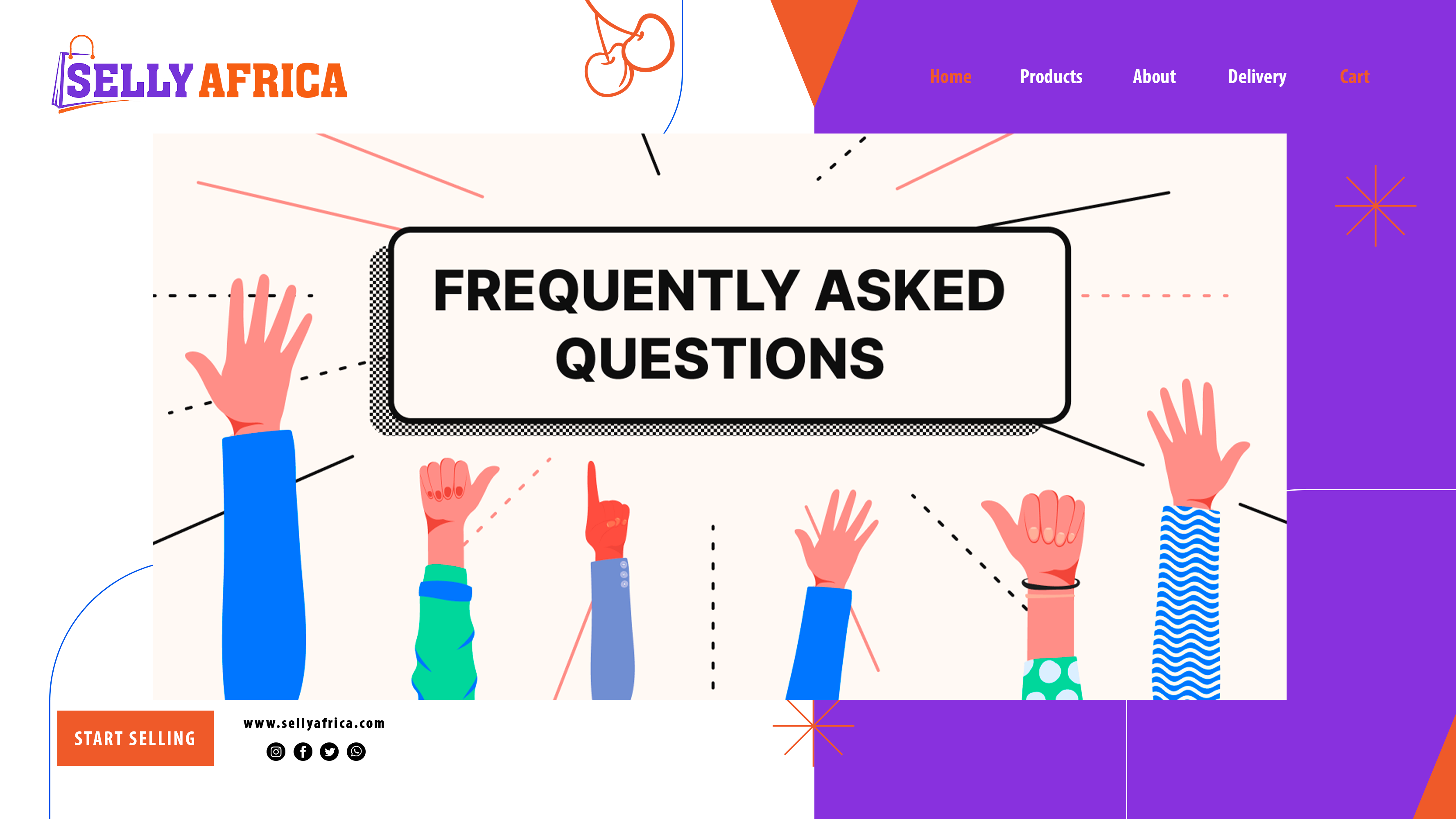E-commerce is an ever-evolving field that offers immense opportunities for businesses to grow and reach new markets. However, it also comes with its own set of challenges and questions. Here are detailed answers to some of the most pressing FAQs posed by business professionals in the e-commerce sector.

What exactly is e-commerce and how is it shaping the future of business?
E-commerce is the activity of electronically buying or selling products on online services or over the Internet. It’s a dynamic and versatile marketplace that transcends traditional geographic and time constraints. E-commerce is shaping the future of business by:
- Expanding Market Reach: Businesses can sell globally without the need for physical expansion.
- Data-Driven Insights: Online platforms provide valuable data on customer behavior, preferences, and trends.
- Cost Reduction: It reduces the need for physical stores, thereby lowering overhead costs.
- Personalization: E-commerce allows for personalized marketing and sales experiences based on user data.
How can I establish an e-commerce platform quickly?
For a swift and efficient e-commerce setup, Selly Africa is an excellent choice. It provides a comprehensive suite of features that cater to the needs of modern businesses:
- Rapid Deployment: Create your online store in just minutes.
- Secure Payment Gateways: Incorporate multiple payment options that are secure and reliable.
- Intuitive Dashboard: A modern, user-friendly dashboard for managing your business operations.
- Feature-Rich: From inventory management to customer analytics, Selly Africa equips you with a range of tools to run your business effectively.

What are the critical features to look for in an e-commerce platform?
When choosing an e-commerce platform, prioritize the following features for optimal performance:
- Scalability: The ability to grow with your business without performance hiccups.
- Security: Strong security protocols to protect both business and customer data.
- SEO and Marketing Tools: Features that help improve visibility and attract customers.
- Customer Service and Support: Access to support when you need it to ensure smooth operations.
- Analytics: Insights into sales patterns, customer behavior, and more to inform business decisions.
How do I ensure my e-commerce site is secure?
To safeguard your e-commerce site, implement the following security measures:
- SSL Certification: Encrypts data between the server and the user’s browser.
- Regular Security Audits: Identify and fix vulnerabilities.
- Secure Checkout Processes: Use trusted payment processors to handle transactions.
- Data Protection Policies: Ensure compliance with regulations like GDPR for customer data protection.
What strategies can I use to drive traffic to my e-commerce site?
Driving traffic requires a multi-faceted approach:
- SEO: Optimize your site for search engines to improve organic traffic.
- Content Marketing: Create valuable content that draws in and retains customers.
- Social Media Engagement: Build a community around your brand on various social platforms.
- Email Campaigns: Use targeted email marketing to keep your audience informed and engaged.
How can I enhance customer retention on my e-commerce site?
Customer retention is key to long-term success. Enhance retention by:
- Providing Exceptional Customer Service: Quick and helpful responses to inquiries and issues.
- Offering Loyalty Rewards: Incentivize repeat purchases with a loyalty program.
- Streamlining the User Experience: Ensure your site is easy to navigate and purchase from.
- Gathering Feedback: Use customer feedback to improve your offerings and service.
What are the best practices for managing logistics in e-commerce?
Effective logistics management is crucial for customer satisfaction. Best practices include:
- Efficient Inventory Management: Keep track of stock levels to avoid overselling or stockouts.
- Reliable Shipping Partners: Work with reputable carriers to ensure timely deliveries.
- Clear Communication: Provide customers with tracking information and updates on their orders.
Can I manage my e-commerce business remotely?
Yes, with platforms like Selly Africa, you can manage your business remotely. Their modern dashboard is designed for on-the-go management, allowing you to:
- Monitor Sales: Keep an eye on your sales figures from anywhere.
- Process Orders: Fulfill orders and manage returns remotely.
- Customer Interaction: Engage with customers directly through the platform.
This article provides a thorough exploration of the common questions business professionals have about e-commerce. With detailed answers and a focus on platforms like Selly Africa, it aims to equip you with the knowledge to navigate the e-commerce landscape successfully. Remember, the key to e-commerce success lies in understanding the digital environment, leveraging the right tools, and consistently delivering value to your customers.

